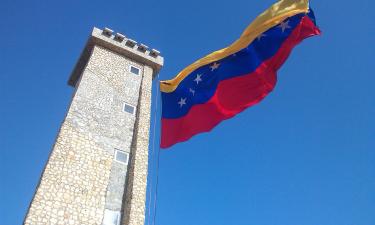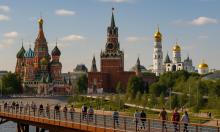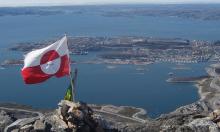EU states close borders for immigrants
European officials are concerned with immigration from so-called third world countries
The EU plans to assign over 170 million EUR to toughen the border control on the Lithuanian part of its exterior border. Lithuania sees no point in strengthening borders with Poland and Latvia, also EU members. The assigned funds will therefore be used to strengthen the checkpoints on the border with Russia (the Kaliningrad enclave) and Belarus. 
The announcement of the decision coincided with French Ambassador to Russia Jean Kades' visit to the Kaliningrad region. “The Kaliningrad region, being inside the EU, is supposed to develop trade and economic relations freely with Russia and European neighbors. France, as a EU member, carefully watches the situation in the region; it is ready to assist in lifting the barriers, which prevent the development of the region's well-being,” Rosbalt quoted the ambassador as saying.
There is obviously no connection between “lifting the barriers” and their simultaneous creation. Furthermore, Russia and the EU have been negotiating the simplification of the visa regime for quite a long time. One has to acknowledge, though, the two sides have not achieved any progress on the matter. Brussels-based officials are not willing to answer questions, at least about approximate terms, when the eased visa regime will be granted to Russian citizens, not to mention the annulment of visas. The EU is certain: as soon as they cancel visas for Russia, Russian guest-workers will inundate European states.
In addition, European officials are more concerned with immigration from so-called third world countries. Refugees from third world countries often come to European states via Russia. The British authorities put forward a project last year, which stipulated the creation of special camps in Ukraine, Russia, Albania and Morocco for Asian and African refugees. According to the British project, the people already staying in European countries would have to go to those camps too, until they are granted a political shelter. The European states did not support the project, though, due to its moral aspects. However, they did not reject it completely either.
Nevertheless, one may say the European Union has chosen the way to solve the problem: it gradually closes its borders for refugees. EU states spend hundreds of millions of euros to strengthen exterior borders. The allocation of additional funds to Lithuania is a part of the European immigration policy.
Subscribe to Pravda.Ru Telegram channel, Facebook, RSS!





